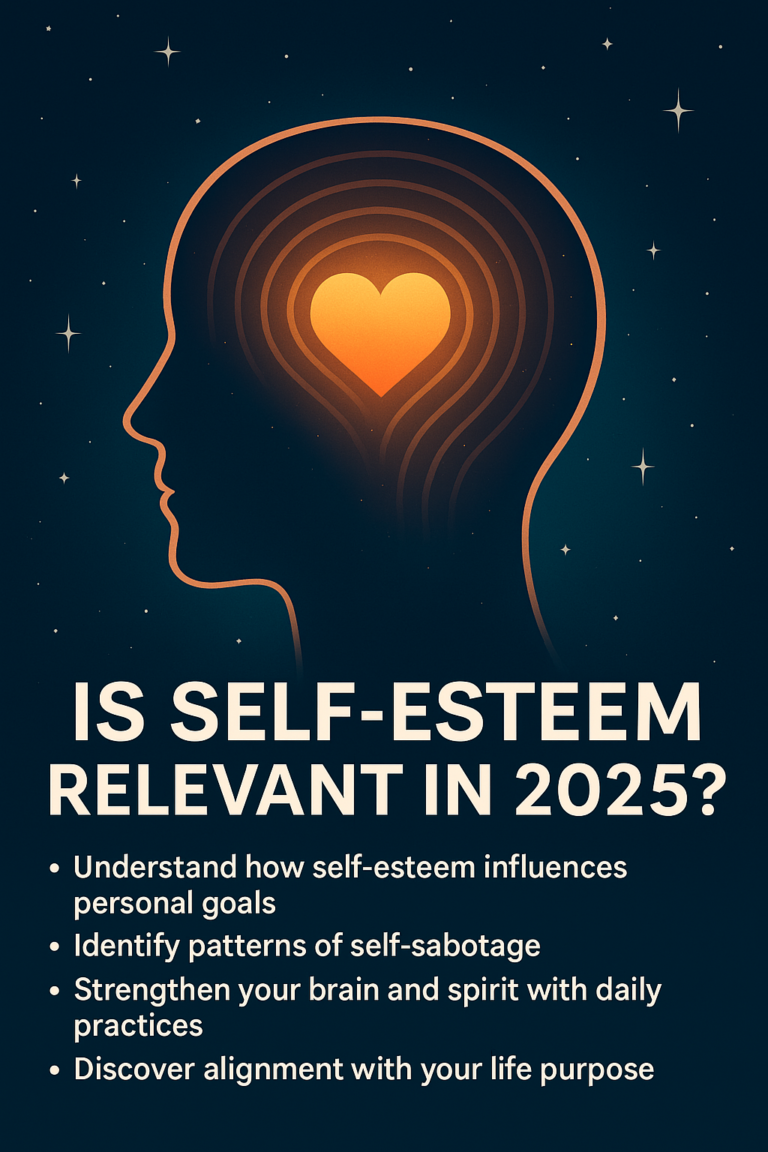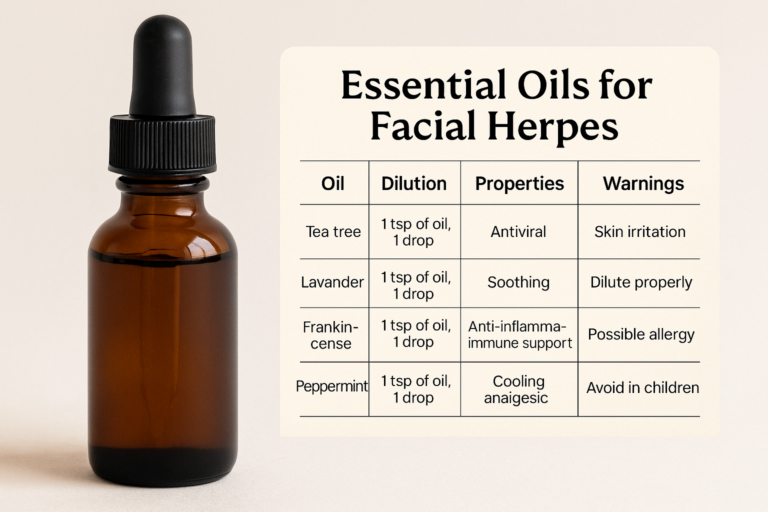Call us now:
USA News: Fighting the New Bird Flu Mutation – Top Strategies for Boosting Brain Health in 2025
Welcome to the USA news section, today we want to talk about the new bird flu mutation and its potential impact on our brain health
With the recent discovery of mutated avian influenza (bird flu) strains in humans, including severe cases in British Columbia, Canada, and Louisiana, health agencies such as the Centers for Disease Control and Prevention (CDC) are on alert.
As we approach 2025, this development raises renewed questions about how global health threats may affect not just our physical well-being but also our mental resilience and emotional stability.
The Rise of a New Bird Flu Threat
According to a report published in the New England Journal of Medicine, a 13-year-old patient from British Columbia was hospitalized with new bird flu that had mutated in ways allowing it to more effectively infect human cells.
Similarly, the first severe case in the United States was documented in Louisiana, underscoring how the virus can adapt when lingering in a human host.
Since last March, at least 66 people in the U.S. have contracted some form of avian influenza.
Experts like Dr. Chanu Rhee of Brigham and Women’s Hospital note that while severe avian flu cases remain relatively rare, they provide insight into how viruses can evolve rapidly.
This evolution, known as viral reassortment, can occur when someone infected with bird flu also becomes infected with another flu virus—creating a “shuffling” effect that might lead to a more contagious or harmful strain.
Dr. William Schaffner of Vanderbilt University highlights that while these mutations do not currently enable person-to-person transmission, the risk cannot be dismissed.
All of this has sparked legitimate concern for the American public.
Beyond the fear of physical illness, many face a secondary wave of anxiety related to “what if” scenarios and the 24/7 news cycle.
Herein lies an often-overlooked aspect of national health preparedness: the importance of safeguarding brain health.
Brain Health in Times of Infectious Disease
New Bird Flu mutations or pandemics and outbreaks, disrupt societal routines.
This disruption can trigger stress, anxiety, and even depression, exacerbated by:
- Fear of the unknown: Concern about becoming ill or transmitting the virus to loved ones.
- Changes in daily life: Altered schedules or work patterns that breed uncertainty.
- Social isolation: Reduced in-person interaction, potentially leading to loneliness.
These psychological and emotional stressors can weaken cognitive functions, making it harder to maintain mental clarity or emotional balance.
The CDC estimates that 1 in 5 adults in the U.S. experiences a mental health issue each year, and this figure may rise when crises like the bird flu mutation add new layers of uncertainty.
Moreover, stress has physiological effects, ranging from elevated cortisol levels to suppressed immune response.
By acknowledging the interplay between viral outbreaks and mental well-being, we set the stage for preventive strategies aimed at both physical and cognitive health.
Practical Strategies to Strengthen Brain Health
Given the rise in bird flu concerns and general anxieties, it’s essential to build a holistic framework to safeguard your emotional balance and cognitive vitality.
Below are recommendations rooted in neuroscience and endorsed by mental health professionals:
1. Embrace Meditation and Mindfulness
Regular meditation sessions have been shown to:
- Strengthen the prefrontal cortex: Enhancing decision-making and self-regulation.
- Reduce amygdala activity: Diminishing fear and stress responses.
- Improve attention and cognitive abilities: Helping you stay focused during challenging times.
All it takes is dedicating a few minutes daily to guided breathing exercises or simple mindfulness practices.
Over time, you’ll notice improved emotional control and a greater sense of calm when confronted by unsettling news or health uncertainties.
2. Optimize Your Nutrition
Brain health is intimately tied to what we eat.
A diet rich in:
- Omega-3 fatty acids (e.g., salmon, sardines): Supports cell membrane integrity in the brain.
- Antioxidant-packed fruits and vegetables (e.g., berries, spinach): Helps combat oxidative stress.
- Healthy fats (e.g., walnuts, avocado): Provides essential nutrients for cognitive functions.
By incorporating these foods, you not only boost physical immunity but also lay the groundwork for better emotional regulation.
Adequate hydration is equally pivotal.
Chronic dehydration can lead to poor concentration and elevated stress levels.
3. Maintain Regular Physical Activity
Exercise is crucial not just for overall fitness but also for mental health:
- Increased blood flow: Delivers oxygen and nutrients to the brain.
- Endorphin release: Improves mood, reduces anxiety, and supports resilience.
- Better sleep quality: Helps regulate circadian rhythms, critical for mental stability.
In uncertain times, even short walks or home-based workouts can bring a sense of accomplishment and stabilize your mind.
4. Prioritize Quality Sleep
Chronic sleep deprivation impairs cognitive function and emotional balance, making it harder to cope with stressors:
- Memory consolidation: The brain processes daily experiences during deep sleep stages.
- Hormonal regulation: Sleep disruptions can cause imbalances in cortisol and melatonin, fueling anxiety.
Try to maintain a consistent bedtime routine—limit screen time before bed, keep your bedroom cool and dark, and consider brief relaxation exercises to wind down.
5. Cultivate Meaningful Social Connections
Isolation can amplify feelings of fear and helplessness.
Whenever possible:
- Engage in community events or virtual gatherings: This sustains emotional support even if in-person meetups are limited.
- Practice empathy: Reaching out to others fosters a sense of connection and mutual resilience.
These interactions can also reinforce shared values such as love, freedom, and society—all cornerstones of happiness.
How Can I Avoid Anxiety?
Anxiety often thrives on uncertainty and a sense of loss of control. To minimize its impact:
- Set realistic goals: Overextending yourself can lead to burnout and heightened worry.
- Limit distressing media: Continuous exposure to alarming news about bird flu or any crisis fuels anxiety. Stay informed, but maintain balance.
- Seek professional help early: If anxious thoughts are overwhelming, consulting a mental health specialist can provide tailored coping techniques.
What Is the Best Way to Manage Stress?
A “best way” is often subjective, but a multifaceted approach typically offers the greatest success:
- Physical activity + mindful breaks: Interspersing workouts or stretches with moments of meditation.
- Healthy diet + proper hydration: Ensures that your body and mind have the nutrients to combat stress responses.
- Meaningful hobbies: Engaging in creative or social pursuits lifts mood and provides a sense of fulfillment.
In essence, addressing stress requires concerted efforts across lifestyle, emotional well-being, and social support.
Holistic Well-Being: Connecting Love, Freedom, and Society
True happiness flourishes when core human values like love, freedom, and community are nurtured.
Whether it’s forging stronger bonds with family and friends or participating in volunteer initiatives, these acts:
- Reinforce empathy: Leading to reciprocal support during hard times.
- Enhance self-worth: Knowing you contribute to something larger than yourself.
- Solidify mental fortitude: Collective unity offers comfort and motivation, a crucial element when health crises loom.
Emphasizing these values paves the way for collective resilience, making it easier to cope with widespread threats like the bird flu mutation.
Consult Brain Health Experts: Your Next Step
Each individual’s journey toward mental resilience is unique.
If you feel overwhelmed by the ever-evolving health updates or are experiencing persistent anxiety and stress, consider seeking professional help.
Personalized guidance can optimize your coping mechanisms and offer deeper insights into your emotional health.
To schedule an appointment with experienced brain health professionals, follow this link:
Nurturing Mental Resilience Beyond the Bird Flu
The newly identified bird flu mutations remind us that viruses can evolve unpredictably.
While public health measures focus on containment and surveillance, nurturing our brain health is equally vital.
Strategies like meditation, balanced nutrition, physical exercise, proper sleep, and strong social ties reinforce our mental and emotional defenses in the face of uncertainty.
Incorporating mindfulness or meditation into your daily routine can yield profound transformations: strengthening your prefrontal cortex, reducing amygdala activity, and enhancing cognitive function.
Together, these advancements fortify you against the anxieties that can surface whenever news of health threats emerges.
Respira, sana, evoluciona
Stay updated by subscribing to The Brain Care Podcast, where you’ll find expert discussions on brain health and overall well-being in the face of new medical developments.
We also encourage you to join our blog’s community and keep abreast of the latest strategies for sustaining a robust mind and spirit, even amidst changing times.
Bibliography
1. Centers for Disease Control and Prevention (CDC): Data on bird flu cases in the U.S. and mental health statistics.
2. National Institutes of Health (NIH): Research on meditation, exercise, and dietary impacts on brain health.
3. New England Journal of Medicine: Report on the mutated avian influenza case in British Columbia.
5. NBC News: “In severe bird flu cases, the virus can mutate as it lingers in the body” (Jan. 3, 2025).
Link to the original news article: In severe bird flu cases, the virus can mutate as it lingers in the body



